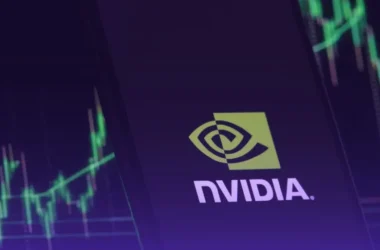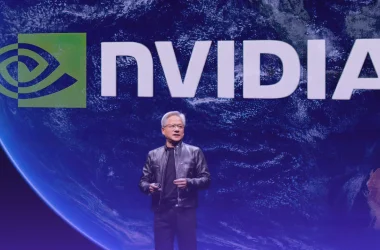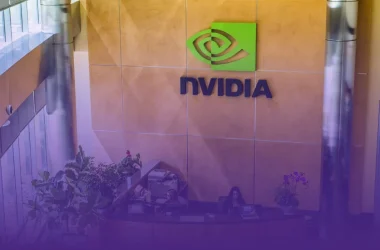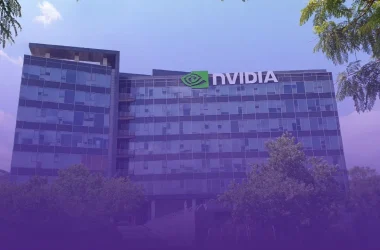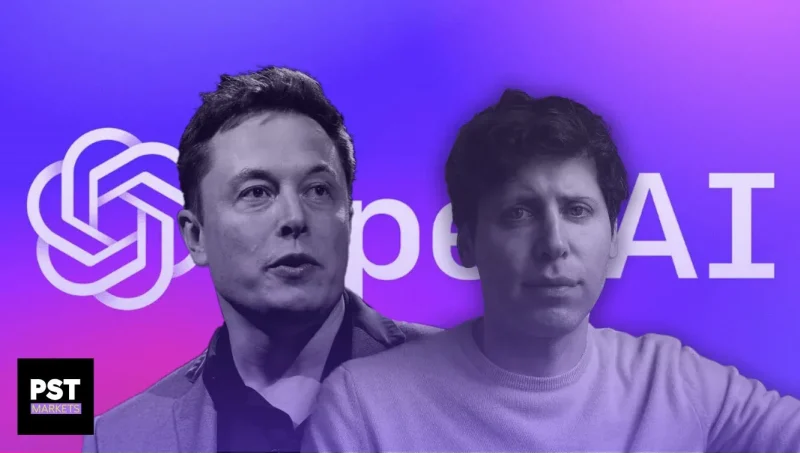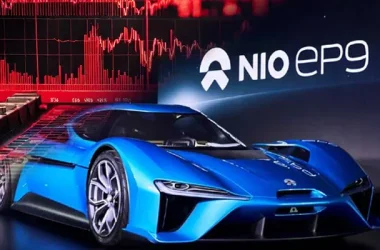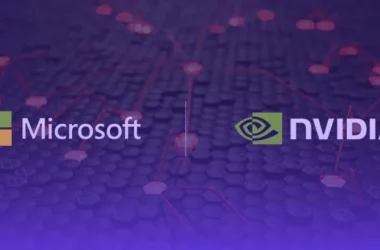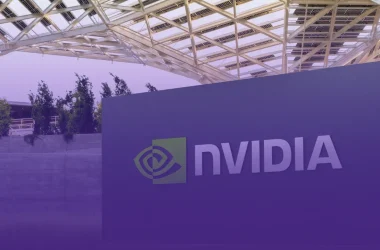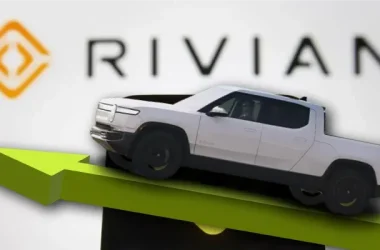Elon Musk recently launched a legal battle against OpenAI, its CEO Sam Altman, and Greg Brockman, the company’s president. This high-profile lawsuit accuses OpenAI of breaching its contractual obligations and abandoning its original mission as a nonprofit dedicated to developing open-source AI for the betterment of humanity, and lying about its GPT-4 not being artificial general intelligence, or AGI.
This accusation was a daring move from Musk, especially since Altman himself had drawn a parallel between the creation of AGI and the monumental Manhattan Project, which highlights the gravity of the situation and imminent peril involved. Not only that, but Musk alleges that OpenAI has transformed into a de-facto subsidiary of its closest partner, the world’s largest tech company, Microsoft (NASDAQ: MSFT), and it’s now only concerned with generating billions of dollars for itself and for Microsoft. Musk is demanding that OpenAI be compelled to release all of its research and technology to the public, and insists that the company and Altman relinquish any ill-gotten gains resulting from these alleged unlawful practices.
The Lawsuit’s Background
Musk’s History with OpenAI
The story begins in 2015, when Elon Musk was approached by Sam Altman with a proposal: that they join forces to form a non-profit AI lab that would try to catch up to Google (NASDAQ: GOOGL) in the race for AGI, or artificial general intelligence, and Musk agreed because he thought Google was getting too powerful when it comes to AI. The two of them agreed, along with co-founder Greg Brockman, to pursue the nonprofit approach “for the benefit of humanity,” and not any single company. In the lawsuit, Musk also talks about how Altman said in an email to Musk that AGI is the only thing that could really pose a danger to humanity, because a software running on AGI would allow a machine to perform just like humans, or even better, on a wide range of cognitive tasks. As opposed to narrow AI, which is designed for specific tasks.
For example, AGI would allow a machine to reason just like a human does, solve puzzles, and make judgements under uncertainty. It would even allow it to develop common sense and communicate in natural language as if it was a human. Altman knew it was dangerous, but he also knew that it wasn’t possible to stop humanity from developing it, so he added “If it’s going to happen, it seems like it would be good for someone other than Google to do it first,”
This is how OpenAI was created, and Musk was the company’s primary benefactor at its beginning. But, after Musk clashed with Altman over control and plans to create a for-profit entity, he stepped down as co-chair in 2018 and slowed his financial contributions, and that’s when Microsoft came in. The tech giant, which first invested in OpenAI in 2019, ramped up the partnership in 2023, investing $13 billion in exchange for what is effectively a 49% stake in the earnings of OpenAI’s for-profit arm.
OpenAI’s Partnership with Microsoft
Technically, Microsoft doesn’t own an actual equity stake in OpenAI, since that would cause the companies to get tangled up in heavy regulatory scrutiny since OpenAI is supposedly a non-profit, and while the agreement between them is confidential, we know for certain that Microsoft is entitled to a share of profit distributions and has a say on board members and important company matters. In other words, Microsoft can say that it’s not an OpenAI shareholder all it wants, but it’s not convincing when it’s literally doing everything a major shareholder does in a company.
OpenAI’s Board Drama
OpenAI is still governed by a nonprofit, which controls the for-profit arm, and last year, the board of the nonprofit fired Altman after losing confidence in his ability to run OpenAI, and after he failed to be “consistently candid” in his dealings with the board.
This decision sparked an employee revolt in OpenAI and set off five days of chaos that led to Altman’s reinstatement as CEO, but not on the board, and Musk touches on this in his lawsuit, saying that Altman and Brockman exploited Microsoft’s significant leverage over OpenAI to bring Altman back and force the resignation of a majority of OpenAI’s early board members. Now, Musk thinks that the new board members, which were supposedly handpicked by Altman and blessed by Microsoft, are unqualified to govern AI technology.
Why is Musk Suing?
In response to Musk’s lawsuit, OpenAI’s Chief Strategy Officer, Jason Kwon, wrote in a memo reviewed by the Wall Street Journal: “We believe the claims in this suit may stem from Elon’s regrets about not being involved with the company today,” But, is that really the case?
For a really long time, Musk has warned of the advancements in AGI, which is essentially creating machines that are able to reason like humans, and he said that AGI will always be a grave threat to humanity. In the lawsuit, Musk argues that OpenAI has effectively achieved an early version of AGI with some of its tools, and that the company has been transformed by its new board members into a closed-source de facto subsidiary of the world’s largest tech company, Microsoft. Musk claims that the company is now not just developing, but also refining, an AGI to maximize profits for Microsoft, rather than for the benefit of humanity, and argues that Microsoft’s deal should only give it access to OpenAI’s pre-AGI technology, which is basically Musk saying that Microsoft should remove the latest version of ChatGPT from its products.
Many people think that Musk is being hypocritical by filing this lawsuit, which doesn’t mention that last year Musk founded his own AI company called xAI, which is an OpenAI rival and not a non-profit. The lawsuit even mentions that Altman and Brockman came to Musk in 2017 and told him they wanted to create a for-profit arm for the company, but he refused, saying that he’ll stop his financial contributions if OpenAI became a for-profit company. While Altman and Kwon don’t deny that this meeting happened, they said that Musk didn’t actually mind the idea when it was discussed with him, and even suggested merging OpenAI into Tesla (NASDAQ: TSLA), but he insisted on having “full initial control and majority equity.” then left when he was told no.
There’s no way to tell which side is telling the truth, but what we do know is that as soon as Musk stepped down from his position in OpenAI, the company announced its for-profit subsidiary, but it seemed that Musk didn’t mind that back then, and donated an additional $3.48 million to the non-profit side of the company back in 2019. Then, OpenAI hired a ton of really creative lawyers who registered a ton of different companies with OpenAI’s name to basically migrate the non-profit into a for-profit in an indirect, not-so-obvious way, and that’s when Musk had enough.
Microsoft and Mistral AI
Also to refute Musk’s claims, Altman and Kwon said that the company tried to strike the balance between creating an AI system with guardrails, while also commercializing the product so it can generate the cash needed to support AI research, and said that the company isn’t a subsidiary of Microsoft, but an independent company that sometimes directly competes with Microsoft.
This statement takes us back to Microsoft’s recent $16.2 million investment in OpenAI’s French rival, Mistral AI, which also came with a multiyear partnership with the French company in which Microsoft agreed to provide it with supercomputing infrastructure. Perhaps Microsoft only made this move so Altman can say that his company often competes with Microsoft, and this seems very likely when you consider the fact that the Mistral AI partnership came after Microsoft faced scrutiny from officials in the U.S., the U.K. and the European Union over its $13 billion investment in OpenAI.
What’s Next?
To sum up, whether musk is filing the lawsuit because he’s mad that he’s no longer on OpenAI’s board after the company blew up or not, the way OpenAI addresses this lawsuit is extremely critical for the company, since it’s a very clear sign that OpenAI’s corporate structure is, and will continue to be, a source of potential headaches for both the company itself and Microsoft. In filing the lawsuit, Musk hopes to get the court to prove and rule that OpenAI’s GPT-4 technology is indeed AGI, even though Altman and Kwon are saying that it couldn’t be considered AGI at this point, so it’s up for the court to decide. According to the lawsuit, there are no scientific publications describing the design of GPT-4, and Musk says that he has information saying that the only parties who know anything about the design are OpenAI’s engineers and Microsoft, and he believes that they’re keeping everything a secret because of commercial considerations, not because they’re worried about safety.
But, this isn’t even the main issue. If the new board members of OpenAI really lack necessary AI expertise like Musk says, then what OpenAI basically did is intentionally placing people who don’t know what AGI is in charge, meaning that they “don’t know” if they’ve reached AGI or not, because if they announce that they did, Microsoft won’t be able to license it, as its agreement with OpenAI only covers pre-AGI technologies. If OpenAI’s board can’t even tell if they’ve reached AGI or not, will a judge be able to tell? Or is Musk depending on that aspect, hoping that a judge will rule that GPT-4 is AGI based on the simple definition of AGI, and that’s what GPT-4 seems to be on the surface?
Only time will tell as we watch this unfold. But, it might be hard for Musk to win this one because he previously said, in December of 2022 and in July of 2023, that GPT-4 is not AGI.
On the other hand, Microsoft released a paper called “Sparks of A.G.I.”, in which Microsoft’s research lab said that GPT-4 had shown “sparks” of AGI, a machine that can do everything the human brain can do. Meaning, this could just be Microsoft damning itself.
The one thing that can’t be denied is that OpenAI disappointed its original founders and a lot of fans by turning into a for-profit, as a lot of people, including Nvidia (NASDAQ: NVDA), which donated GPUs to OpenAI in 2016, gave the company a lot of money and free resources for its social mission, so Musk demanding that it makes its technologies available to the public, and for Altman to give up all the profits he made from it, can both be considered pretty reasonable demands.
Disclaimer
Please visit and read our disclaimer here.

